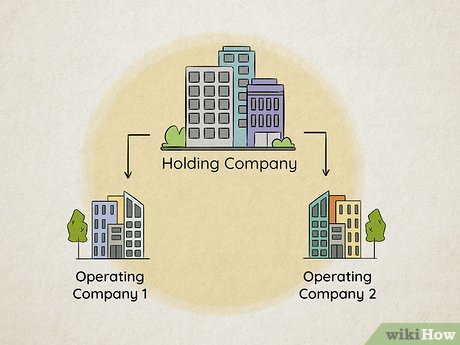Quick search
CTRL+K
Quick search
CTRL+K


Since 2010, the Global Law Experts annual awards have been celebrating excellence, innovation and performance across the legal communities from around the world.
posted 2 years ago
Introduction
In our newsletter titled “Regulatory Requirement for Fintech in Nigeria; CBN Licenses”, we analyzed the Central Bank of Nigeria (“CBN”) categorization of the Fintech licenses into four categories based on CBN circular dated December 9, 2020 (the “Circular”). In the Circular, the CBN indicated that operating more than one license category must be done through a holding company. The CBN expects that the holding structure would help to prevent commingling of activities, facilitate management of risks and enable the CBN exercise adequate regulatory oversight on all the companies operating within the Group.
Sequel to the Circular, the CBN on August 3, 2021, issued the Guidelines for licensing and regulation of payments Service Holding Companies in Nigeria (the “Guidelines”). In this article, we analyze the provisions of the Guidelines.
Companies wishing to operate the licenses in the following categories under one umbrella, are required to set up a Payment Service Holding Company (“PSHC”) which will be the holding company of the various subsidiaries holding the fintech licenses (“Subsidiaries”):
i.Mobile Money Operations;
ii.Switching and Processing; and
iii.Payment Solutions Services.
A PSHC shall be a company registered under the Corporate Affairs Commission, and licensed by the CBN.
The PSHC will be a non-operating company and will hold equity in the Subsidiaries. The PSHC shall have capital-raising capabilities to support its Subsidiaries. The PSHC shall, however, not be involved in the day-to-day management and operations of the Subsidiaries.
Where the PSHC wholly owns the Subsidiaries, the minimum paid-up capital of the PSHC must exceed the total of the required minimum capital of all its Subsidiaries. Where the PSHC owns less than 100% of the Subsidiaries, its minimum paid-up capital must exceed the total of its shareholding in the Subsidiaries.
The PSHC should have at least two Subsidiaries which include a Mobile Money Operator (MMO) and a Switching company. Subject to the approval of the CBN, the PSHC can acquire controlling interest (51% shares) in any financial or technology company.
In addition to holding equities in the Subsidiaries, PSHC may provide board policy direction, shared services or enter into technical or management service contract with any of its Subsidiaries.
PSHC are not permitted to establish, transfer or close any Subsidiary without the consent of the CBN. They are also not permitted to receive income from sources except from dividend income; income from shared services, patents, copyrights and royalties; profits from divestment from Subsidiaries; interest from investment of funds in government securities or placement with licensed financial institutions; or any other source approved by the CBN.
The license can be obtained by applying to the CBN with the following supporting documents:
i.Evidence of minimum paid up capital;
ii.Detailed business plan;
iii.Draft of the memorandum and articles of association; and
iv.And other required documents;
upon which, an approval in principles will be obtained. Within 6 months of the issuance of the approval in principle, an application is to be made to the CBN for the issuance of the final license.
Conclusion
The new PSHC will provides a tidier way for fintech companies to utilize several fintech license under one umbrella. It is important to note that the Guidelines and the PSHC licensing regime is relatively novel. Therefore, the effectiveness of the PSHC structure in the fintech industry can only be determined with time.
posted 2 hours ago
posted 14 hours ago
posted 14 hours ago
posted 3 days ago
posted 4 days ago
posted 4 days ago
posted 4 days ago
posted 4 days ago
posted 4 days ago
posted 7 days ago
There are no results matching your search.
ResetFind the right Legal Expert for your business
Sign up for the latest legal briefings and news within Global Law Experts’ community, as well as a whole host of features, editorial and conference updates direct to your email inbox.
Naturally you can unsubscribe at any time.
Global Law Experts is dedicated to providing exceptional legal services to clients around the world. With a vast network of highly skilled and experienced lawyers, we are committed to delivering innovative and tailored solutions to meet the diverse needs of our clients in various jurisdictions.